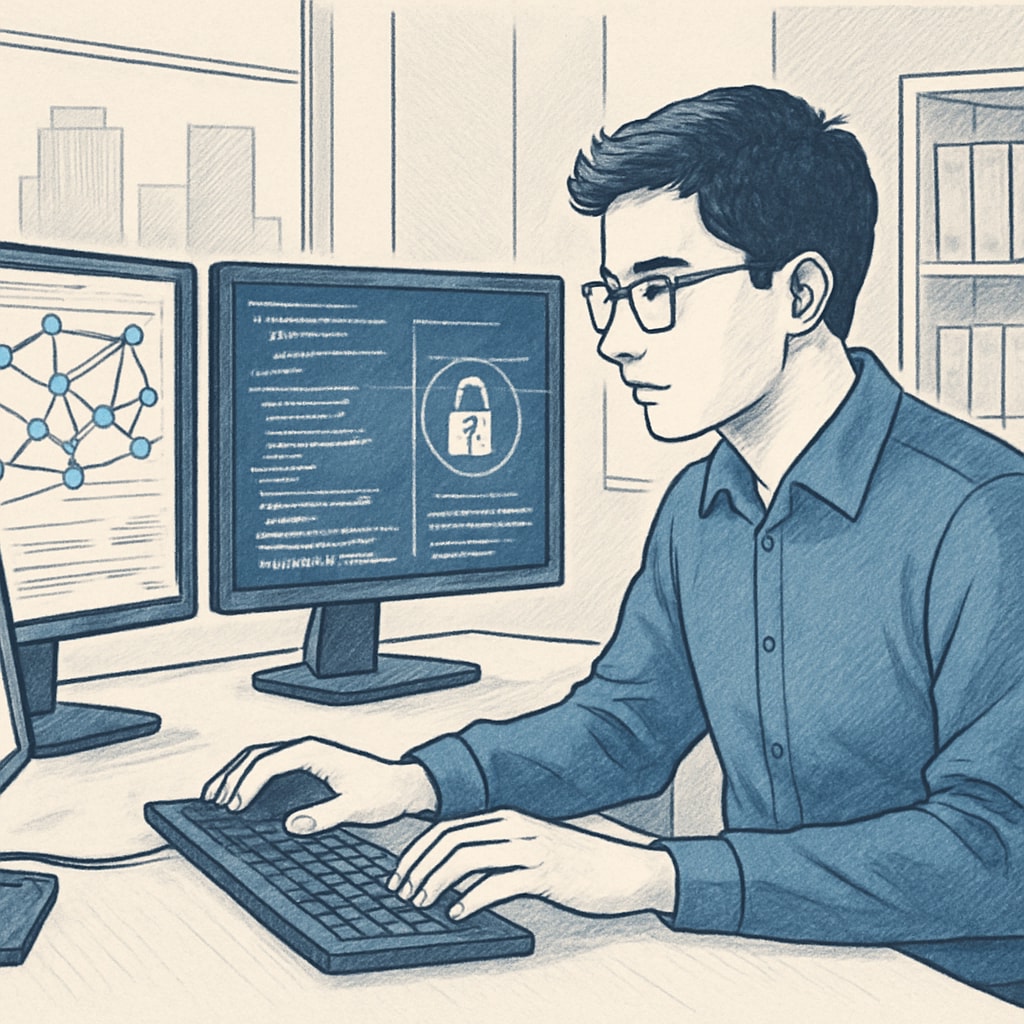In the field of cybersecurity, debates often arise about the importance of university reputation versus individual skills when it comes to employment opportunities. While attending a prestigious university may boost one’s resume, the rapidly evolving nature of cybersecurity places a much stronger emphasis on practical skills, problem-solving abilities, and adaptability. This article explores the relationship between university reputation and job prospects in cybersecurity, highlights the skills most valued by employers, and offers career planning advice for K12 students aspiring to enter this dynamic field.
The Perceived Value of University Reputation in Cybersecurity
University reputation plays a significant role in many industries, often acting as a shortcut for employers to gauge a candidate’s qualifications. In cybersecurity, however, the picture is more nuanced. While graduates from top-ranked institutions might initially have an edge due to their universities’ brand recognition, the industry ultimately prioritizes candidates who can demonstrate technical expertise and hands-on experience. Recruiters often look beyond the name of the school to assess whether a candidate has the real-world skills needed to address today’s complex cybersecurity challenges.

For example, companies like Cisco and IBM frequently emphasize certifications such as CompTIA Security+, Certified Ethical Hacker (CEH), and Cisco Certified CyberOps Associate. These qualifications often hold more weight than a degree from a prestigious university, as they demonstrate a candidate’s ability to tackle specific cybersecurity issues.
Skills That Truly Matter in Cybersecurity Jobs
In cybersecurity, technical skills and practical knowledge are non-negotiable. Employers value candidates who are proficient in areas such as penetration testing, threat analysis, and vulnerability assessment. Moreover, soft skills like critical thinking, communication, and teamwork are becoming increasingly important as cybersecurity professionals often work in collaborative environments to address security breaches and design proactive solutions.
Here are some of the top skills cybersecurity employers seek:
- Programming and Scripting: Knowledge of languages like Python, Java, and C++ is essential for developing secure applications.
- Network Security: Understanding firewalls, VPNs, and intrusion detection systems is critical in safeguarding digital assets.
- Incident Response: The ability to quickly identify and neutralize threats is a valuable asset in any organization.
- Cloud Security: As businesses migrate to the cloud, expertise in securing cloud platforms like AWS and Azure is in high demand.
It’s also worth noting that cybersecurity is a continuously evolving field. Professionals must stay updated with the latest technologies and threats, making a commitment to lifelong learning a key component of success in this industry.
Career Planning for K12 Students: Balancing Education and Skills
For K12 students aiming for a cybersecurity career, it’s important to strike a balance between academic credentials and skill development. While attending a well-regarded university can open doors, students should also focus on building a strong technical foundation through extracurricular activities, internships, and certifications.
Here are some actionable steps for K12 students:
- Join Cybersecurity Clubs: Participate in school or community clubs that offer hands-on experience with coding and security tools.
- Explore Online Resources: Platforms like Coursera and TryHackMe provide beginner-friendly courses and labs.
- Pursue Early Certifications: Entry-level certifications like CompTIA IT Fundamentals+ or Cybersecurity Essentials can provide a head start.
- Network with Professionals: Attend webinars and career fairs to connect with industry experts and learn about real-world challenges.

By focusing on these areas, students can ensure they are well-prepared to succeed in cybersecurity, regardless of the reputation of the university they eventually attend.
Conclusion: What Matters More—Reputation or Capability?
While university reputation can offer a stepping stone, the cybersecurity industry ultimately values practical skills, adaptability, and a proactive mindset. Aspiring professionals should aim to develop a robust skill set that aligns with industry demands, as this will have a greater impact on their career trajectory than any university name on their diploma. For K12 students, early exposure to cybersecurity principles and hands-on practice can lay a solid foundation for future success. In this ever-changing field, the true measure of a professional’s worth lies in their ability to address the challenges of a digital world, not just the pedigree of their education.
By focusing on skills development and staying adaptable, cybersecurity professionals can thrive in an industry where capabilities far outweigh prestige.


